___________________________________________________________________________________
___________________________________________________________________________________
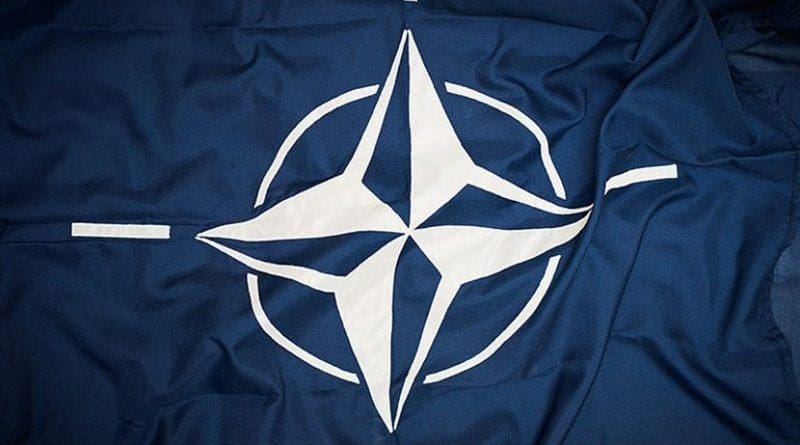
NATO flag. Photo Credit: Sergeant Paul Shaw LBIPP (Army), Wikimedia Commons.
NATO Needs Results If 75th Anniversary Summit Is To Be A Success – Analysis
By Arab News
By Luke Coffey
- Since NATO was created in 1949, successive rounds of enlargement have added new members to the alliance, while bringing more stability and security across Europe. NATO’s success means that it is a club that countries want to join. No country has ever been forced or pressured into joining the alliance.
- Leading up to the summit in June, expectations were high regarding Ukraine’s membership prospects. Many hoped that a formal invitation to join the alliance would be given to Kyiv. This never happened.
- In place of an invitation to join, the alliance created a NATO-Ukraine Council. This is meant to serve as a high-level forum for increased NATO-Ukraine engagement.
- Since the summit, there has not been much progress made in terms of finding a consensus between the members on extending a formal invitation for Ukraine to join the alliance.
- While all members agree that Ukraine will join NATO someday, putting a timeline on this ambition remains deeply divisive.
- This means it is unlikely Ukraine will get an invitation next year — unless something changes.
- The leaders of NATO need to start working overtime to find a consensus.
- A failure to resolve this issue before next year’s summit would be seen as a sign of weakness by Russia.
Another matter regarding NATO enlargement that has been equally disappointing over the past 100 days regards Sweden’s entry into the alliance.
- Soon after Russia’s large-scale invasion of Ukraine in February 2022, Finland and Sweden jettisoned a long-standing policy of remaining outside military alliances and both applied to join NATO.
- Finland joined in April, but Sweden’s bid stalled over Turkish concerns regarding the status and role of the PKK terrorist organization in the country.
- At the summit in Lithuania, President Recep Tayyip Erdogan was praised for finally giving the green light to Sweden’s entry into the alliance. Because the Turkish parliament was in recess at the time, it could not vote to approve Sweden’s entry.
- Now, 100 days on from the summit, the Turkish parliament still has not voted on ratifying Sweden’s membership of NATO.
- This is another issue that needs to be resolved before the summit next year.
- Arming and supporting Ukraine was a top issue in Vilnius.
- For the first part of the war, the US was the largest source of aid to Ukraine. This has recently changed.
- According to the Kiel Institute for the World Economy’s Ukraine Aid Tracker, total European commitments are now more than double those of the US.
- After totaling all forms of aid, including military, economic, humanitarian and refugee support, 20 European countries have given more to Ukraine than the US as a percentage of gross domestic product.
- A lot of new European commitments have been made since the summit in June.
In addition to the focus on Ukraine, NATO must also demonstrate an ability to remain flexible when dealing with new and surprising challenges. Since the last summit, there has been one unexpected geopolitical event that has had implications for the alliance.
- Last month, Serbia conducted a large-scale military mobilization along its border with Kosovo.
- Amid simmering tensions since the beginning of the year, Serbia deployed, in the words of the White House, an “unprecedented” number of troops along its southern border.
- This was alarming for NATO because it maintains a peacekeeping force in Kosovo and security issues in the Balkans have traditionally spilled over into the rest of Europe.
- The alliance immediately increased the strength of its peacekeeping force with a deployment of hundreds of British troops based out of Cyprus.
- Soon after, Serbia withdrew its forces from the border with Kosovo.
- However, ongoing tensions between Belgrade and Pristina remain a concern for the alliance.
- The way things are going, the future role of NATO in the Balkans will likely be on the agenda at the next summit.
As NATO prepares for its 75th birthday next year, the alliance needs to show its people that it remains as relevant today as it was during the time of its founding during the Cold War. Russia’s actions in Ukraine make it easier to explain why NATO remains important today, but the alliance still has a lot of hard work ahead of it.
- NATO needs to double down on finding a consensus regarding Ukraine’s potential membership,
- it needs to finalize Sweden’s entry into the alliance, and
- it must maintain current levels of military support for Ukraine for the foreseeable future.
- Luke Coffey is a senior fellow at the Hudson Institute. X: @LukeDCoffey
NATO Summit: 25 years after the Cold War
The meeting represents a key opportunity for leaders from the 28 member countries to agree upon a reform package that provides enhanced strategic direction for the next 5-10 years
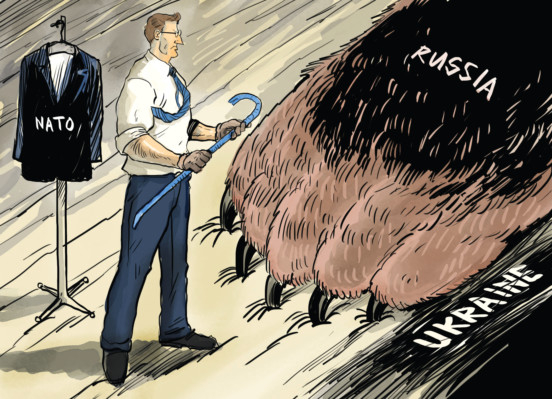
- While the summit has a broad focus, which includes Afghanistan, top of the agenda is Russia.
- Following Moscow’s annexation of Crimea, and the downing of Malaysia Airlines Flight 17 over Ukraine, the military alliance’s relationship (and that of the wider West) with Russia is at its lowest point since the Cold War.
NATO summits are not regular meetings, but instead key moments in the military alliance’s evolution and decision-making.
- For instance, the first post-Cold War summit of the military alliance was held in London in 1990 and included measures for enhancing relations with Central and European countries — many of which have subsequently become NATO members.
- Twenty-five years on, there is genuine alarm in some quarters about the West’s capability to respond to what is perceived as a significantly enhanced Russian security threat.
- Earlier this month, for instance, the UK House of Commons Defense Committee released a hard-hitting report that depicts recent events as a “wake-up call for NATO”, especially following Moscow’s earlier decision to invade Georgia in 2008, and launch a cyber attack on Estonia in 2007.
- A continuous detail of NATO troops in “vulnerable” Baltic states, including Estonia, Latvia and Lithuania;
- “dramatic” improvements in rapid reaction forces; and
- adding unconventional threats (e.g. cyber attacks and irregular militia attacks) to NATO’s Article 5 security commitments that require member states to come to the aid of any counterparts subject to attack.
- Thus, there will be a particular stress at the summit for members to end recent rounds of defense cuts.
- Today, the US accounts for around two thirds of total NATO defense spending.
- European countries will therefore be urged, yet again, to meet guidelines for spending 2 per cent of GDP on defense.
Prompted by alleged Russian violation of the Intermediate-Range Nuclear Forces (INF) Treaty, which was agreed to reduce the potential threat of short-warning attacks, nuclear weapons will be discussed in Wales. Reportedly, Washington has told NATO allies that Moscow has breached its INF obligations by testing a ground-launched cruise missile.
Core component
While Moscow denies the charges, western perceptions of this alleged violation of the INF treaty are likely to bolster those within NATO who favor a continued significant role for nuclear weapons in the alliance.
- To be sure, the role of nuclear weaponry within NATO’s collective military arsenal remains controversial in some western quarters, especially the significant number of US nuclear weapons that remain forward deployed in Europe.
Until a new president, either Ashraf Gani or Abdullah Abdullah, is formally declared the winner in coming weeks, a new security treaty cannot be agreed to sustain NATO’s presence in Afghanistan from January onwards.
- Reportedly, a new security deal with Kabul would see a remaining international force of around 14,000 troops in 2015, which could be reduced significantly in 2016.
- The 2015 force will reportedly be comprised of an estimated 8,000 US personnel, and some 4,000 NATO troops, supplemented by a reported 1,800-strong US counter-terrorism force.
- This continuing international presence will also help ensure extensive funding and training for the approximately 350,000-strong Afghan police and military forces, which may otherwise disintegrate.
- The broad scope of possible support proposed in this initiative ranges from civil emergency planning, security sector reform, defense planning, defense reform, and military training.
The ambition here is to bolster NATO’s global engagement, including potentially with large, emerging economies such as Brazil, China and India which are playing increasingly important security roles.
- One specific regional area of focus is anticipated to be Africa and The Middle East where multiple countries in those regions, with unreformed defense sectors, are struggling with a range of security challenges.
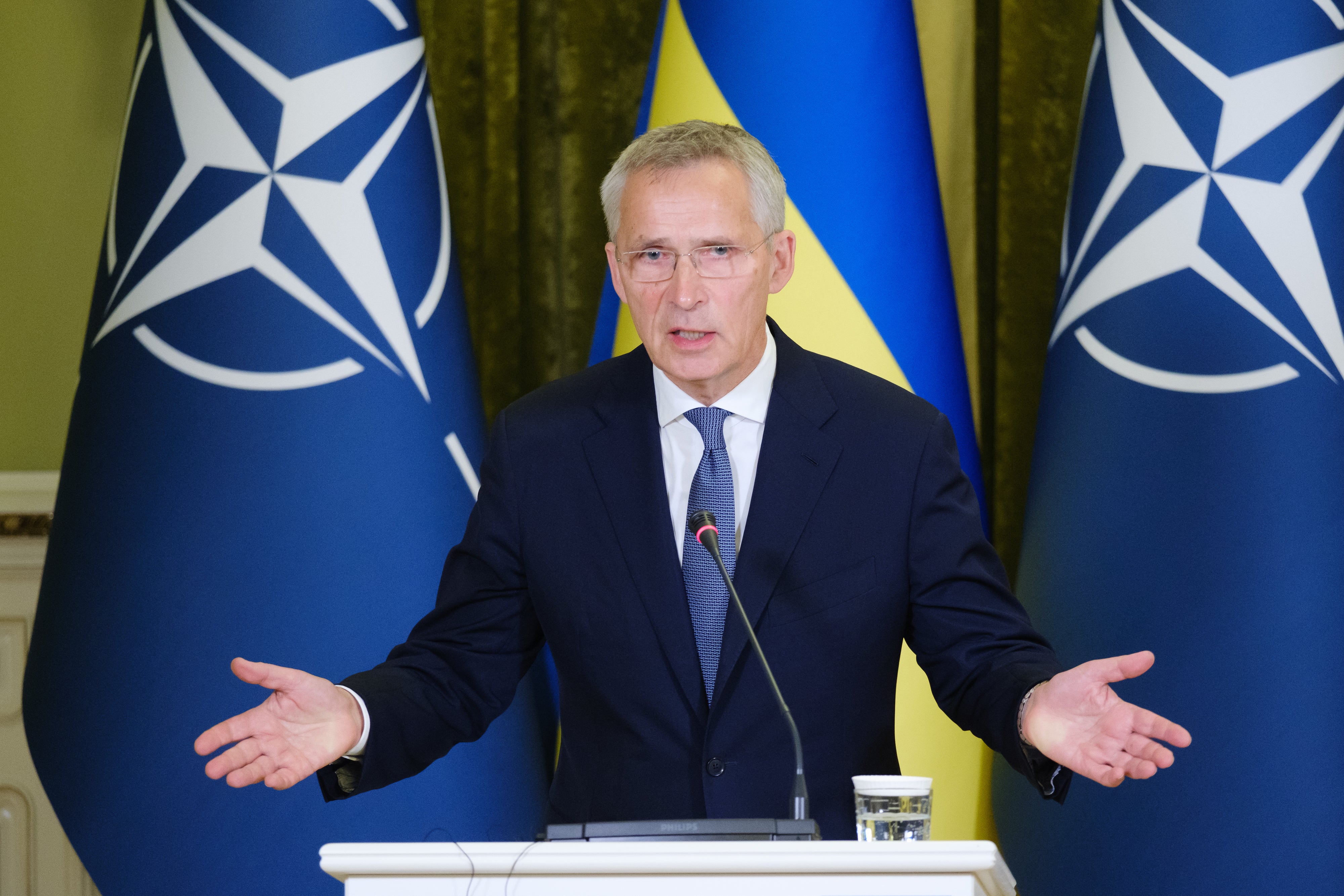




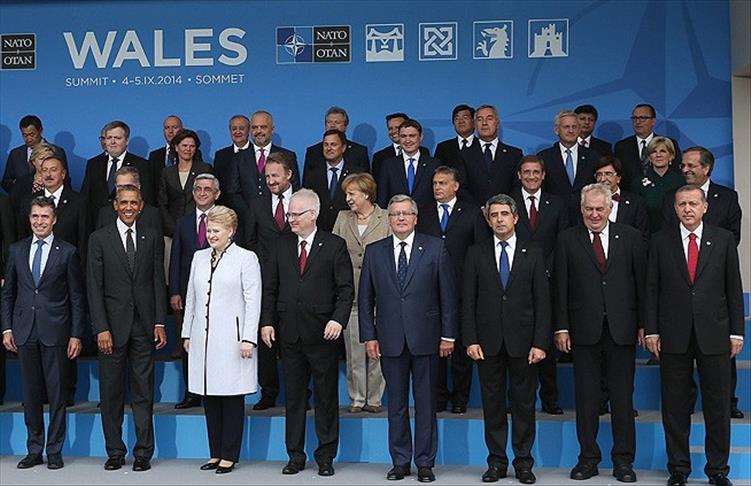
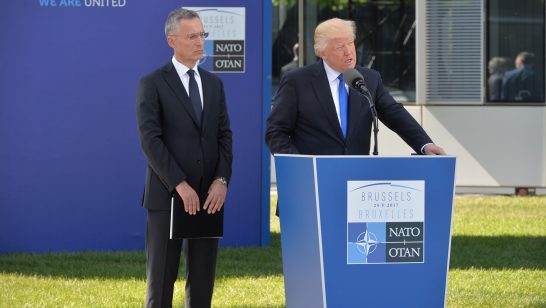




No comments:
Post a Comment